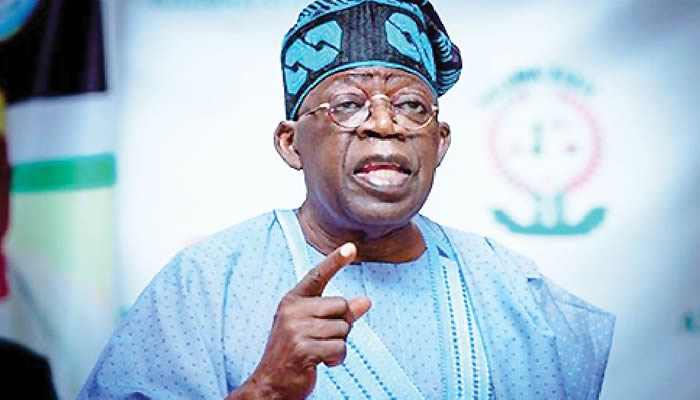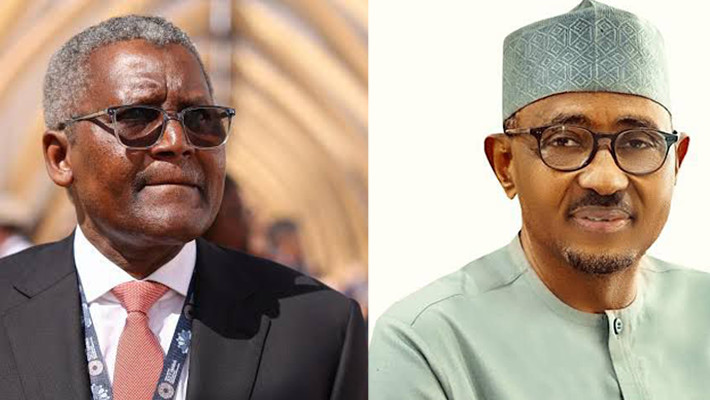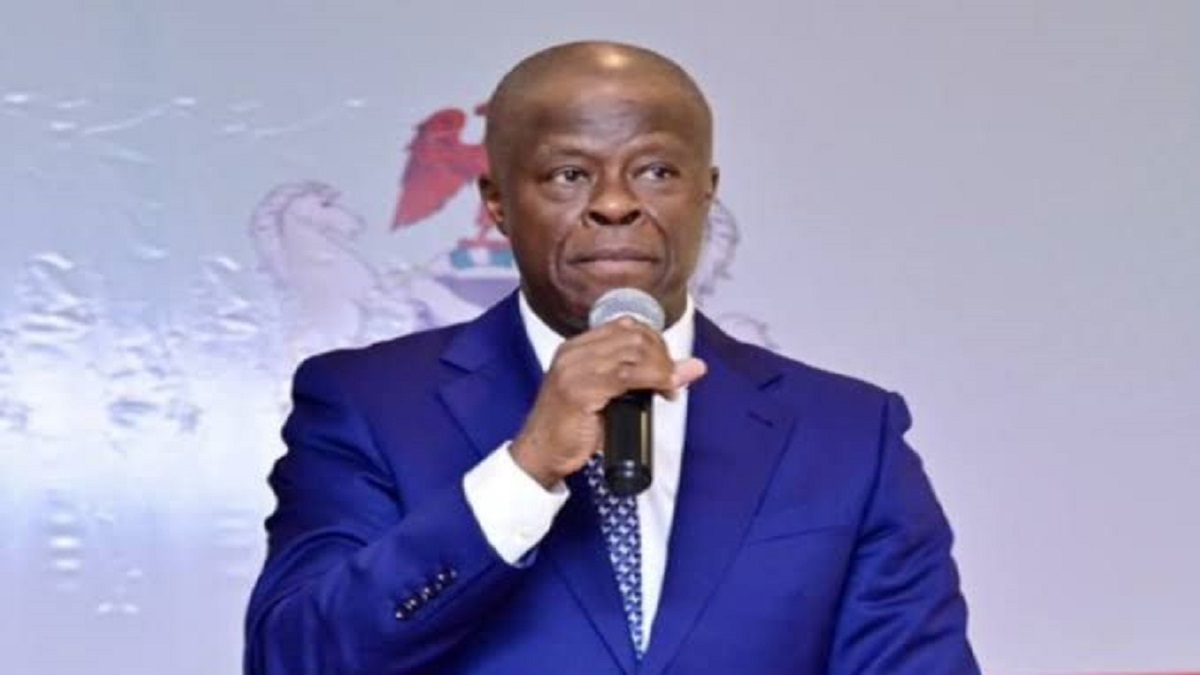This came as the FATF announced the delisting at its Plenary in Paris, France, on Friday.
He described the move as a major milestone in the country’s ongoing economic and institutional reforms.
“This is not just a technical accomplishment. It is a strategic victory for our economy and a renewed vote of confidence in Nigeria’s financial governance,” a statement by Tinubu’s Special Adviser on Information and Strategy, Bayo Onanuga, quoted the president as saying.
The FATF is the world’s foremost standard-setting body for combating money laundering, terrorist financing, and proliferation financing.
The announcement formally removed Nigeria from the list of jurisdictions under increased monitoring, commonly referred to as the “grey list”.
Tinubu said the delisting is evidence of the country’s commitment to global financial transparency and institutional integrity.
Nigeria was placed on the FATF grey list in February 2023, following concerns over weak enforcement, poor inter-agency coordination, and opaque financial practices.
“Rather than treat this as a setback, Nigeria viewed it as a call to action,” Onanuga stated.
Under the President’s directive and in alignment with his broader economic transformation agenda, Nigeria completed the FATF Action Plan through sweeping legal, institutional, and operational reforms.
The process was coordinated by the Nigerian Financial Intelligence Unit in conjunction with the Office of the Attorney-General, the Ministries of Finance, Justice, Interior, and other key institutions.
The President specifically praised the Director/CEO of the NFIU, Ms. Hafsat Bakari, and her team for what he called “diligent and timely implementation” of Nigeria’s commitments, saying their work earned international recognition for progress in tackling serious financial crimes.
President Tinubu credited the delisting to wide-ranging collaboration across the federal executive, legislature, judiciary, and private sector.
Among those acknowledged were the Central Bank of Nigeria, Corporate Affairs Commission, EFCC, ICPC, DSS, Nigeria Customs Service, Securities and Exchange Commission, and the National Drug Law Enforcement Agency.
“President Tinubu applauded the vital support from the Secretary to the Government of the Federation, the Minister of Aviation, the Minister for Budget and Economic Planning, the Minister for Defence, the Minister for Foreign Affairs, the Minister for Solid Minerals, the Minister of State for Finance, the National Security Adviser as well as the leadership of the National Assembly and the Judiciary, in the attainment of the laudable achievement,” the statement read.
“Without their dedication and sacrifice, today’s success could not have been achieved.
“I thank them for their efforts and urged other stakeholders to emulate their standards”, President Tinubu said.
He also commended Nigeria’s development partners, particularly the governments of France, Germany, the United Kingdom, the United States, the United Nations, and the European Commission for their technical support throughout the reform process.
According to President Tinubu, Nigeria’s removal from the FATF grey list is “not just a technical accomplishment, it is a strategic victory for our economy and a renewed vote of confidence in Nigeria’s financial governance.
“The exit from the FATF grey list marks the beginning of a new chapter in the nation’s financial reform agenda as Nigeria will sustain the already institutionalised reforms, deepen institutional collaboration and continue to build a financial system that Nigerians and the world can trust,” he stated.





























